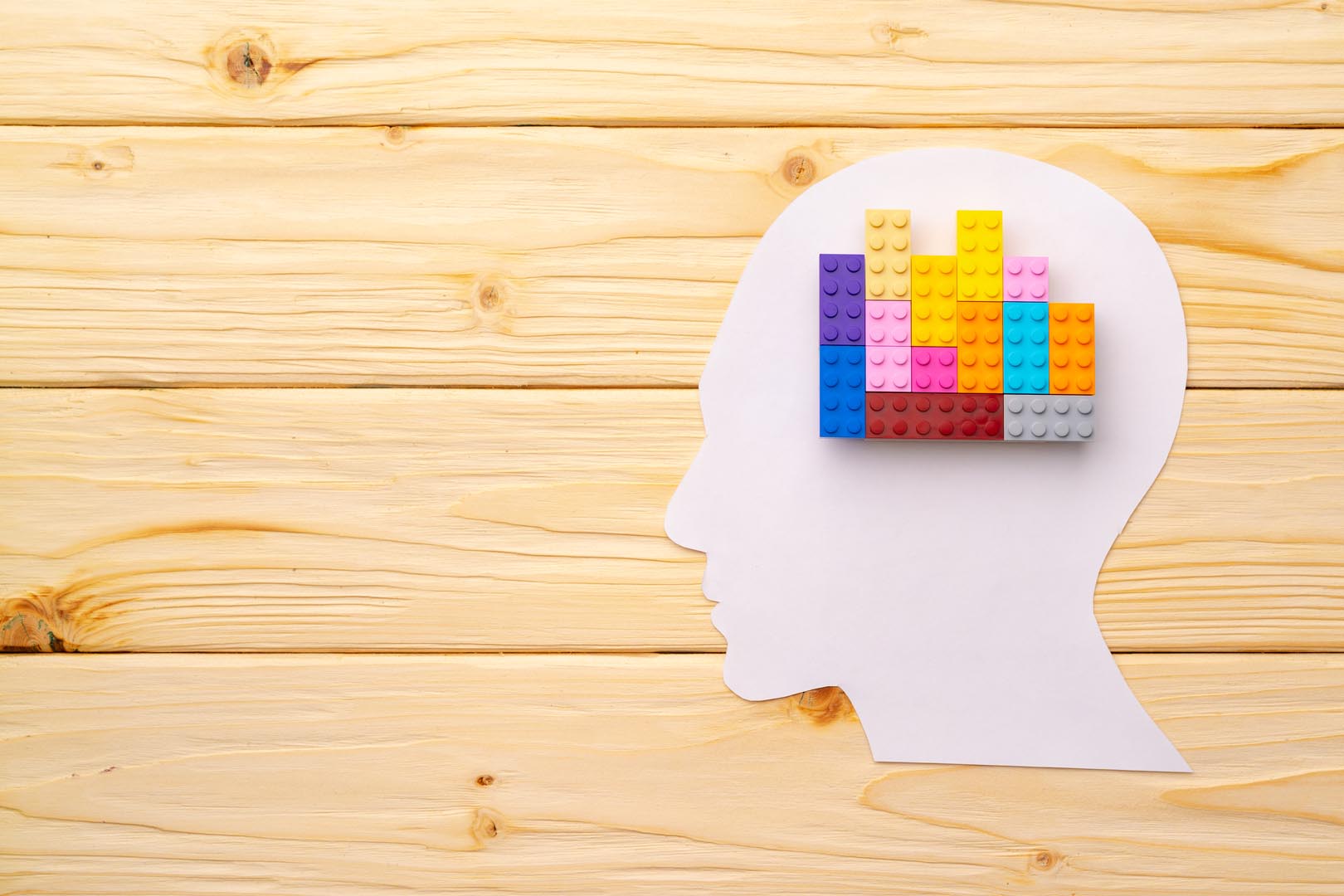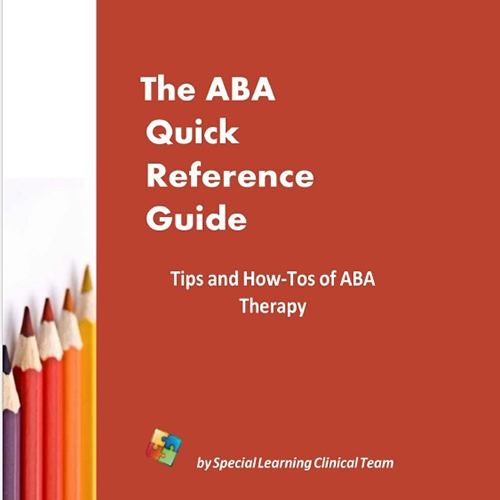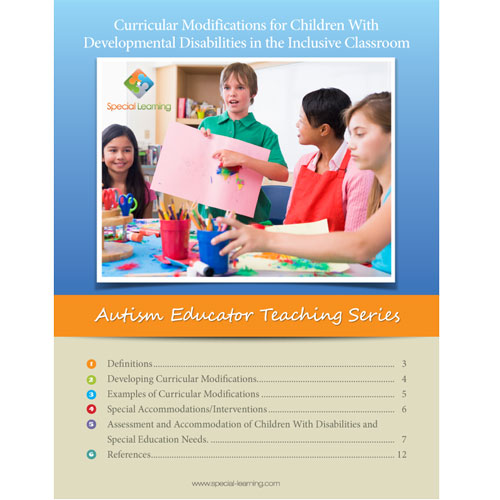Autism Spectrum Developmental Professionals
Autism Spectrum Disorder has certain specialists trained in dealing with its issues, diagnosis, and treatment. Among these specialists are Developmental-Behavioral Pediatricians, Child Neurologists, and Child Psychiatrists or Psychologists (CDC, 2010). These medical practitioners can cater to children’s diagnoses and treatment needs should parents suspect that their children may have an Autism Spectrum Disorder.
Developmental-Behavioral Pediatricians
Developmental-Behavioral pediatricians are experts in diagnosing developmental delays or behavioral difficulties in children. They focus on child development and child behavior issues and how these affect learning. Developmental-Behavioral pediatricians often assess children with issues like Autism Spectrum Disorder (ASD or Autism), Attention Deficit Hyperactivity Disorder (ADHD), and other learning disabilities.
Pediatric Neurologists
Sometimes, a Developmental-Behavioral pediatrician will refer a child to a neurologist in order to rule out any serious issues or medical conditions that are not related to ASD.
A Pediatric or child neurologist treats children from birth to young adulthood. Pediatric neurologists deal with children who have seizures, head injuries, or muscle weakness. They also develop treatment plans and help manage the care of children who have disorders such as attention deficit hyperactivity disorder (ADHD) and autism. Children with developmental disorders, such as speech delays, fine and gross motor delays, and coordination issues as well as children who have learning disabilities or learning delays may also see a neurologist.
Pediatric Psychiatrist or Psychologist
Children with autism may have mood or thought disorders that exist in addition to autism. Disorders, such as obsessive-compulsive disorder (OCD), may also occur in children with autism. In these instances, the developmental-behavioral pediatrician may refer you to see a child psychiatrist or psychologist.
A child psychiatrist is a physician specializing in the diagnosis and treatment of behavioral and thought disorders in children. A child psychiatrist may prescribe certain medications such as anti-anxiety or anti-depressant drugs to help control or minimize certain behaviors or thoughts.
Diagnosing and treating Autism Spectrum Disorders always requires a team of professionals in order to provide the highest quality of care possible for the child. These professionals work side by side to come up with a treatment plan that covers all aspects of the child’s disorder.
Reference:
Center for Disease Control and Prevention. cdc.gov. Facts About ASD. Retrieved July 18, 2011, from http://www.cdc.gov/ncbddd/autism/facts.html
Copyright © by Special Learning Inc. All right reserved.
No part of this article may be reproduced in any manner whatsoever without written permission except in the case of brief quotations embodied in critical articles and reviews. For information, contact Special Learning Inc., at: contact@special-learning.com








